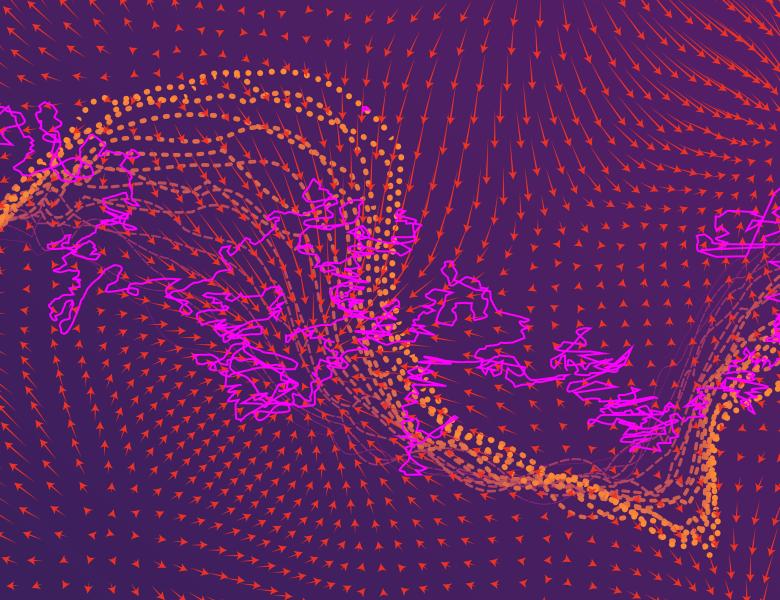
Abstract
We will start by doing a quick review on consensus models for swarming. Stability of patterns in these models will be briefly discussed. Then we provide an analytical framework for investigating the efficiency of a consensus-based model for tackling global optimization problems. We justify the optimization algorithm in the mean-field sense showing the convergence to the global minimizer for a large class of functions. An efficient algorithm for large dimensional problems is introduced. Theoretical results on consensus estimates will be illustrated by numerical simulations.
We then develop these ideas to propose a novel method for sampling and also optimization tasks based on a stochastic interacting particle system. We explain how this method can be used for the following two goals: (i) generating approximate samples from a given target distribution, and (ii) optimizing a given objective function. This approach is derivative-free and affine invariant, and is therefore well-suited for solving complex inverse problems, allowing (i) to sample from the Bayesian posterior and (ii) to find the maximum a posteriori estimator. We investigate the properties of this family of methods in terms of various parameter choices, both analytically and by means of numerical simulations.
This talk is a summary of works in collaboration with Y.-P. Choi, O. Tse, C. Totzeck, F. Hoffmann, A. Stuart and U. Vaes.


